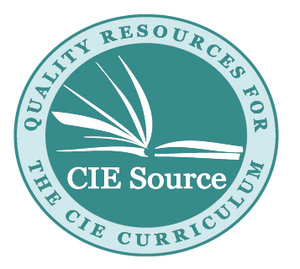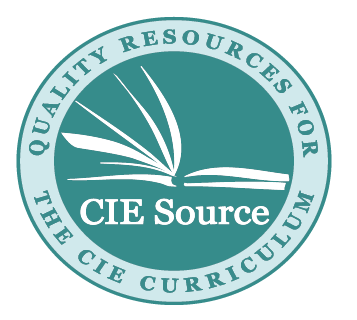Cambridge IGCSE™ and O Level Environmental Management Coursebook with Digital Access (2 Years) (NYP Due April 2025)
Supports the Cambridge IGCSE™ and O Level Environmental Management syllabuses (0680/5014) for examination from 2027.
This print and digital coursebook contains a wide variety of activities, case studies and formative assessment opportunities. Support your learners as they develop both a broad and localised knowledge of environmental issues from plastic pollution to fracking, and to employ scientific methods to evaluate management strategies such as national parks and reserves, seed banks and ecotourism. Learners will also discover the significance of climate change and develop their field work skills, helping them to hypothesise, record and analyse data, and form conclusions based on their findings. They will learn how to follow sustainable practice and take care of habitats and organisms during practical investigations. This coursebook is suitable for supporting learners through the Cambridge IGCSE™ and O Level Environmental Management syllabuses (0680/5014) for examination from 2027. Answers are available to teachers and learners via Cambridge GO.
-
Global and regional case studies provide learners with real-life, contemporary relevance as well as supporting opportunities for collaborative project work such as researching island communities around the world that are vulnerable to rising sea levels.
-
Dedicated practical activities help learners develop vital practical and investigative skills in an active way.
-
'Worked examples' help learners develop independence.
-
Regular 'Sustainability tips' help learners integrate sustainability into their own lives.
-
Questions cover key skills and provide learners with an opportunity to assess their progress.
-
'Summary checklists' with 'I can' statements linking to the learning intentions provide a helpful structure for each lesson.
-
'Before you start' feature provides an opportunity to assess what learners already know about each topic to help you plan your lesson.
-
Projects at the end of each chapter, such as presentations or debates, support learners to work independently and apply their knowledge in pairs or groups.
-
Practice questions at the end of each chapter help learners prepare for assessment.
-
Scientific key terms and command words included for each chapter support learners' comprehension, with clear definitions explained in context.






